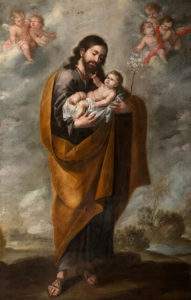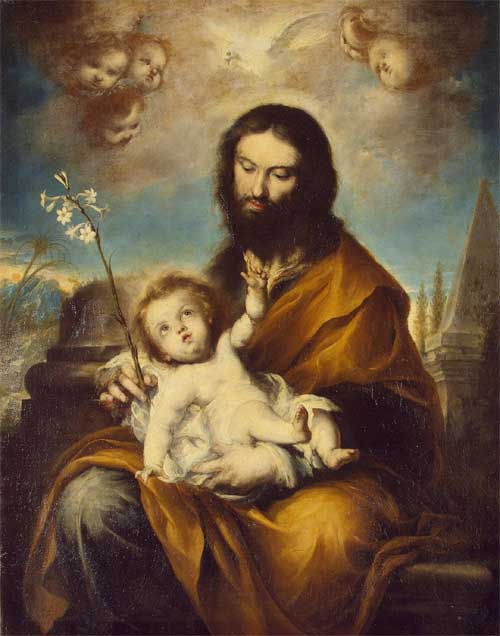Podcast: Play in new window | Download (Duration: 29:35 — 20.4MB) | Embed
Subscribe: Apple Podcasts | Spotify | Amazon Music | Android | Pandora | iHeartRadio | JioSaavn | Podchaser | Gaana | Podcast Index | Email | TuneIn | Deezer | Anghami | RSS | More

Day 7, Part 2 – The Last Retreat by St. Elizabeth of the Trinity- Beginning to Pray with Dr. Anthony Lilles
Dr. Anthony Lilles reflects on Day 7 of Blessed Elizabeth of the Trinity’s Last Retreat, delving into the mystery of suffering, self-emptying, and divine union. St. Elizabeth sees the soul as a heaven that must echo the glory of God, whether in joy or in weakness. Every aspect of life—including failures, dislikes, and suffering—can become a message of God’s glory when embraced in faith. Drawing on Psalm 18, she describes how even the darkest “nights” can carry divine light if one remains faithful and chooses to love amid pain. Dr. Lilles connects this to the theology of St. John of the Cross, explaining how our trials, when offered in faith, become part of Christ’s redemptive mission and mediate grace to the world.
The reflection culminates in the image of the soul as a bridal chamber prepared for Christ. When emptied of self and filled only with love and the desire for God’s glory, the soul becomes a dwelling place for the Word. This divine indwelling results in a mutual possession between the soul and Christ—”each seems to be the other, and the two are but one.” Dr. Lilles relates this mystical union to the love found in Christian marriage and consecrated life, both of which reflect a deeper spiritual reality. Elizabeth’s vision is an invitation to receive Christ even in suffering, and in doing so, become a living praise of God’s glory—a message especially directed to contemplative nuns, yet deeply enriching for all who long to live faithfully in Christ.
Discerning Hearts Reflection Questions
- How can I allow my weaknesses and daily struggles to become a source of glory to God?
- In what ways am I being invited to participate in Christ’s redemptive suffering today?
- Do I trust that even my failures can be used by God when surrendered in faith?
- What does it mean for my soul to be a “bridal chamber” for Christ, and how can I prepare it?
- Am I open to letting Jesus dwell more fully in the hidden, ordinary parts of my life?
- How does my understanding of death—physical or spiritual—affect my willingness to love and surrender?
- In what ways do I resist dying to self, and how can I practice greater self-gift for love of Christ?
- How does my vocation reflect the mutual love and self-giving that Blessed Elizabeth describes?
- When faced with suffering or silence, do I keep my gaze fixed on Christ or turn inward in fear?
- What visible or invisible realities in my life help me perceive God’s presence more deeply?

From “Last Retreat Day 7, pt. 2” found in The Complete Works vol 1:
“18. “Night to night announces it.” 106 How very consoling that is! My weaknesses, my dislikes, my mediocrity , my faults themselves tell the glory of the Eternal! My sufferings of soul or body also tell the glory of my Master! David sang: “How shall I make a return to the Lord for all the good He has done for me?” This: “I will take up the cup of salvation.” 107 If I take up this cup crimsoned with the Blood of my Master and, in wholly joyous thanksgiving, I mingle my blood with that of the holy Victim, it is in some way made infinite and can give magnificent praise to the Father. Then my suffering is “a message which passes on the glory” of the Eternal.
19. “There (in the soul that tells His glory) He has pitched a tent for the Sun.” 108 The sun is the Word, the “Bridegroom.” If He finds my soul empty of all that is not contained in these two words— His love, His glory, then He chooses it to be “His bridal chamber”; He “rushes” in “like a giant racing triumphantly on his course” and I cannot “escape His heat.” 109 He is this “consuming fire” 110 which will effect the blessed transformation of which St. John of the Cross speaks when he says: “Each seems to be the other and the two are but one”: 111 a “praise of glory” 112 of the Father!
We would like to thank Miriam Gutierrez for providing “the voice” of St. Elizabeth for this series
For other episodes in the series visit the Discerning Hearts page for Dr. Anthony Lilles
Anthony Lilles, S.T.D., has served the Church and assisted in the formation of clergy and seminarians since 1994. Before coming to St. Patrick’s, he served at seminaries and houses of formation in the Archdiocese of Denver and the Archdiocese of Los Angeles. The son of a California farmer, married with young adult children, holds a B.A. in theology from the Franciscan University of Steubenville with both the ecclesiastical licentiate and doctorate in spiritual theology from the Pontifical University of Saint Thomas Aquinas in Rome (the Angelicum). An expert in the writings of St. Elizabeth of the Trinity and the Carmelite Doctors of the Church, he co-founded the Avila Institute for Spiritual Formation and the High Calling Program for priestly vocations. He also founded the John Paul II Center for Contemplative Culture, which hosts symposiums, retreats, and conferences. In addition to his publications, he blogs at www.beginningtopray.com .


 An excerpt from “Crossing the Desert: Lent and Conversion”:
An excerpt from “Crossing the Desert: Lent and Conversion”:


